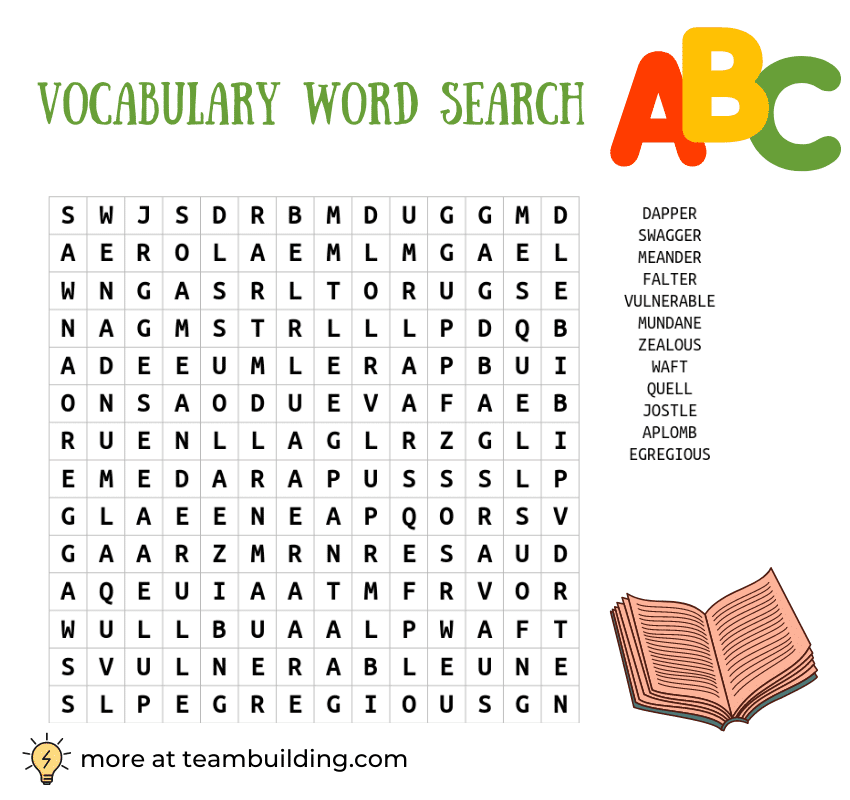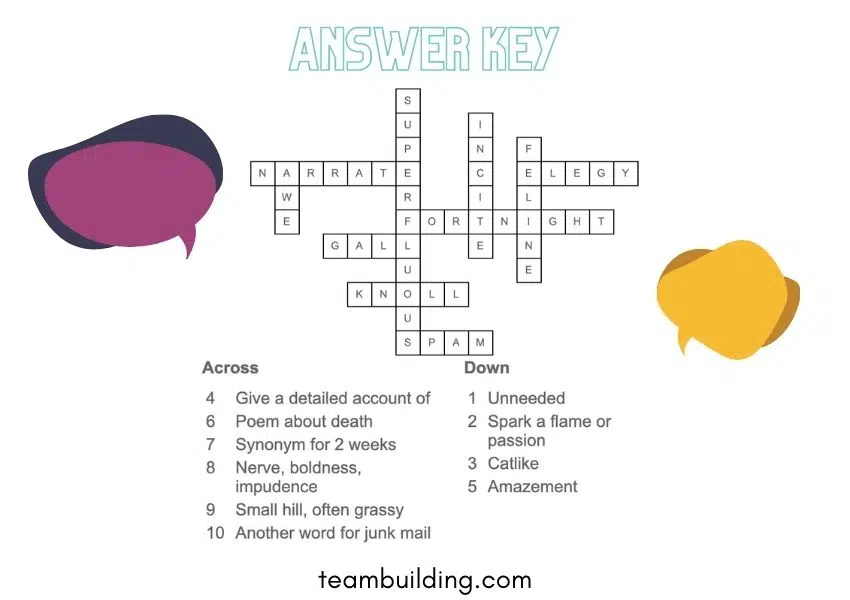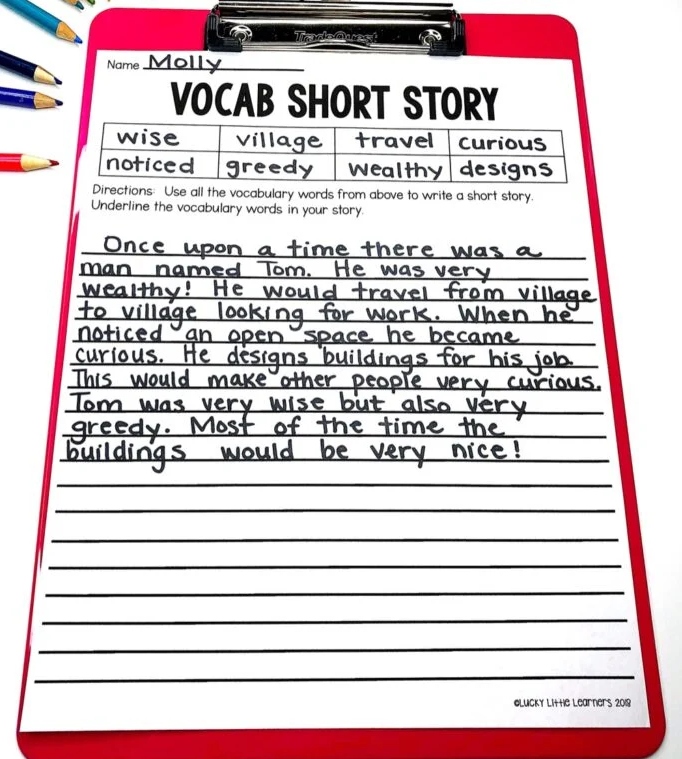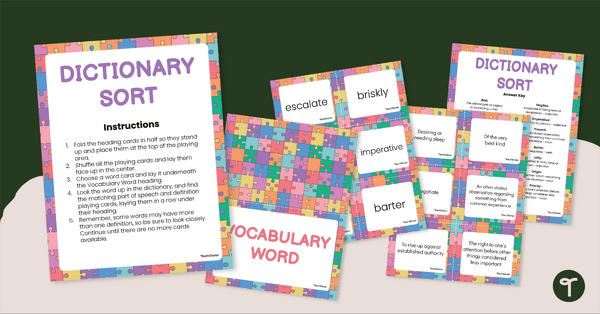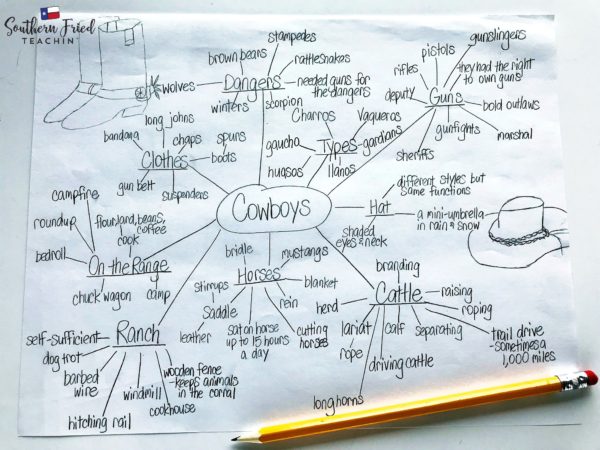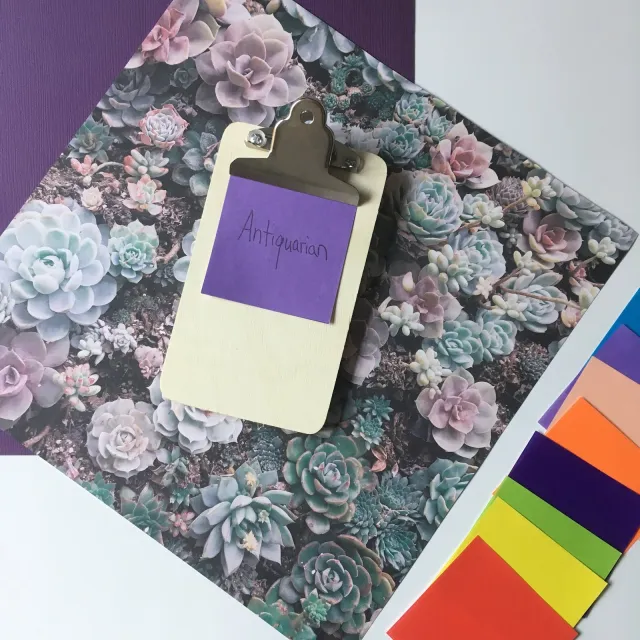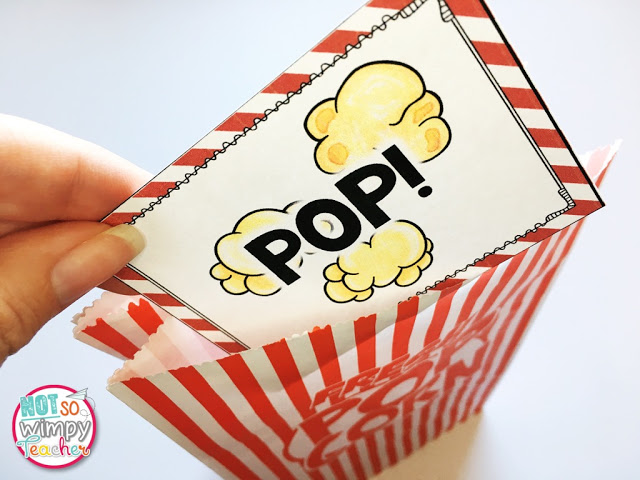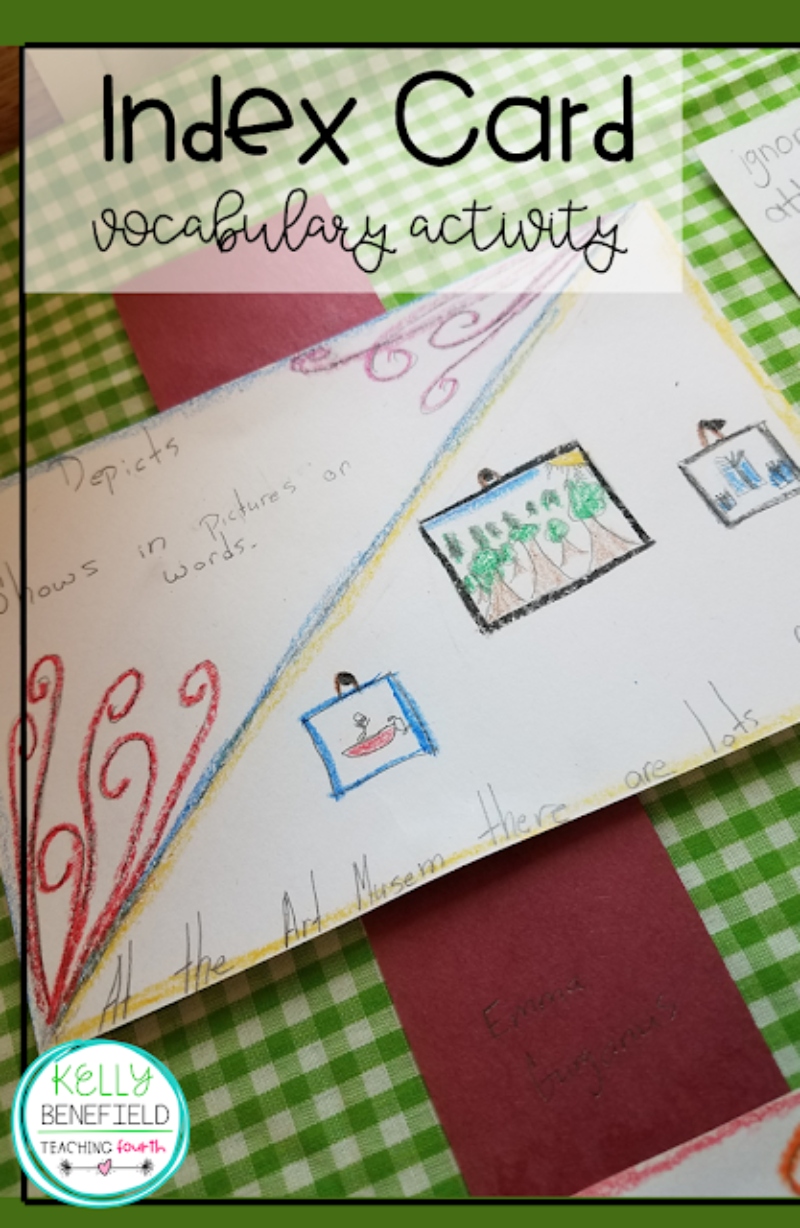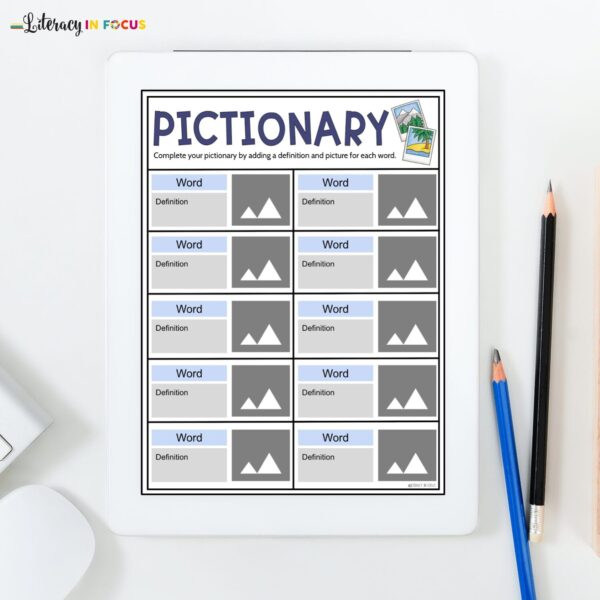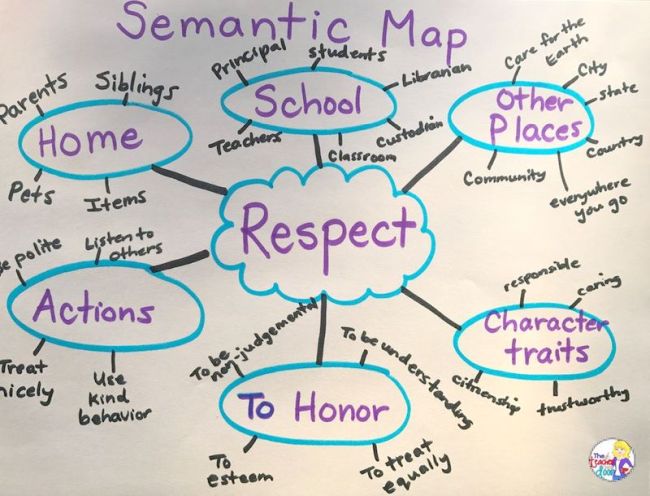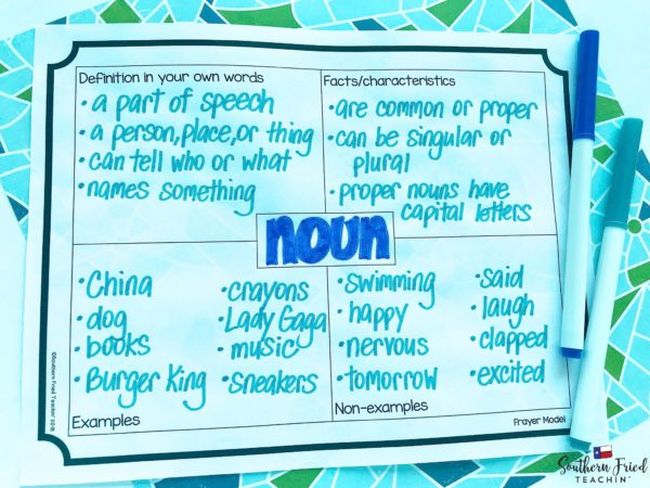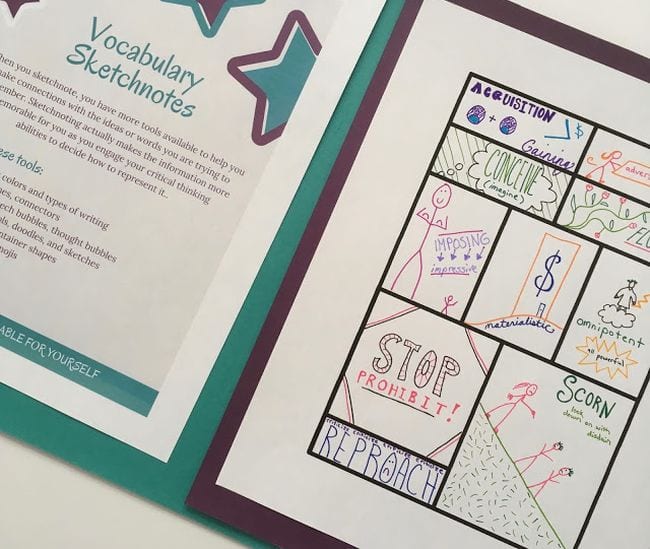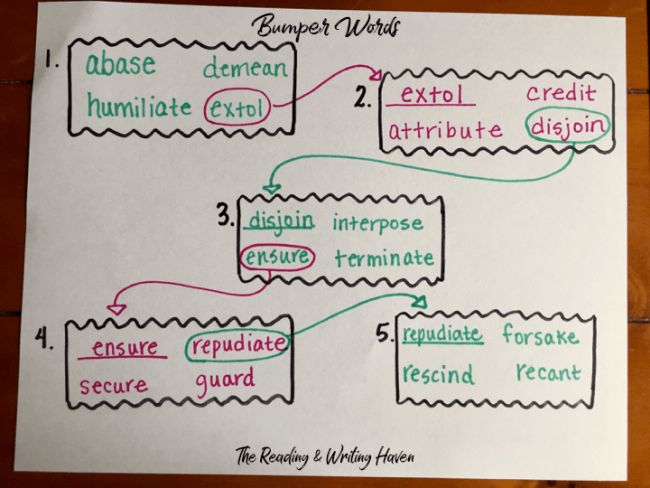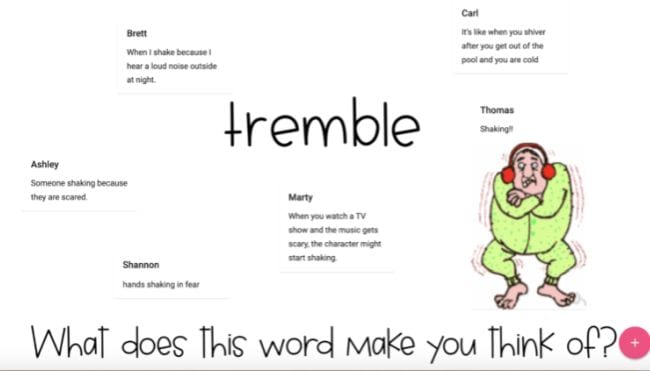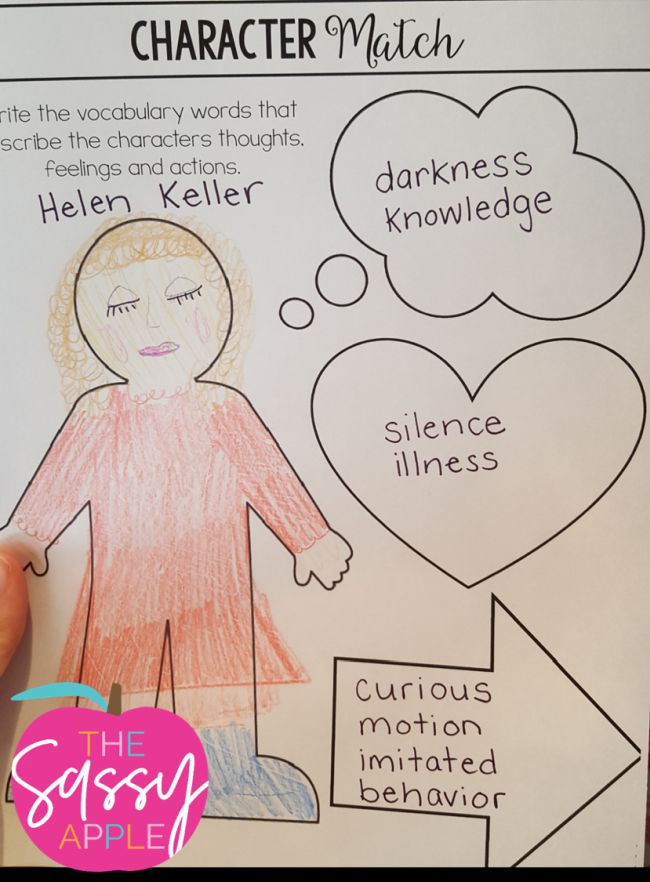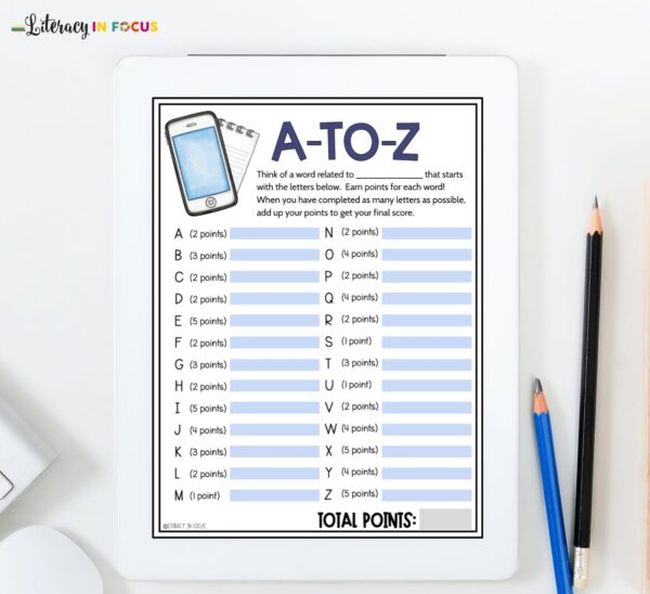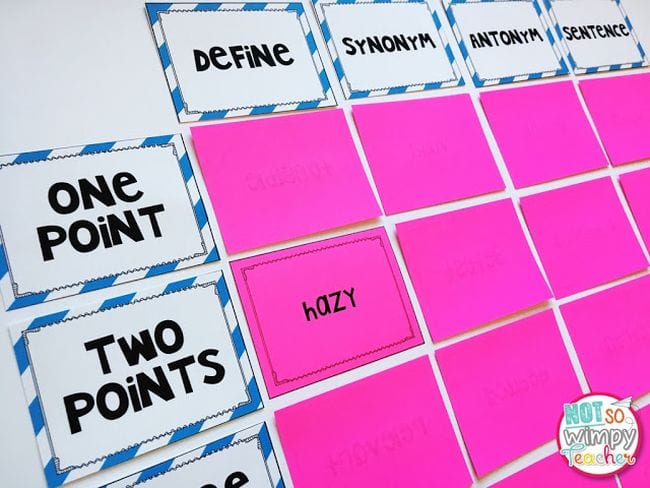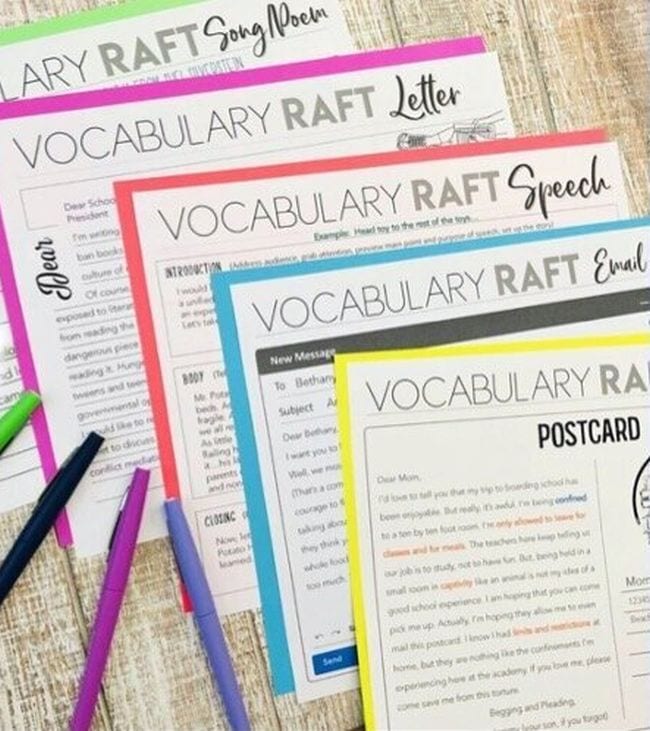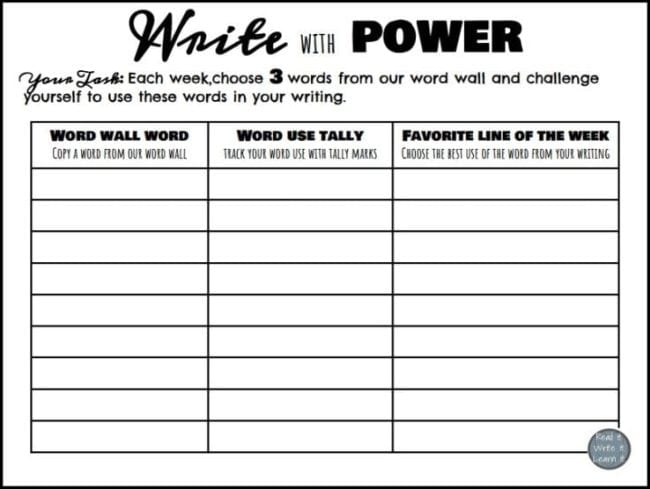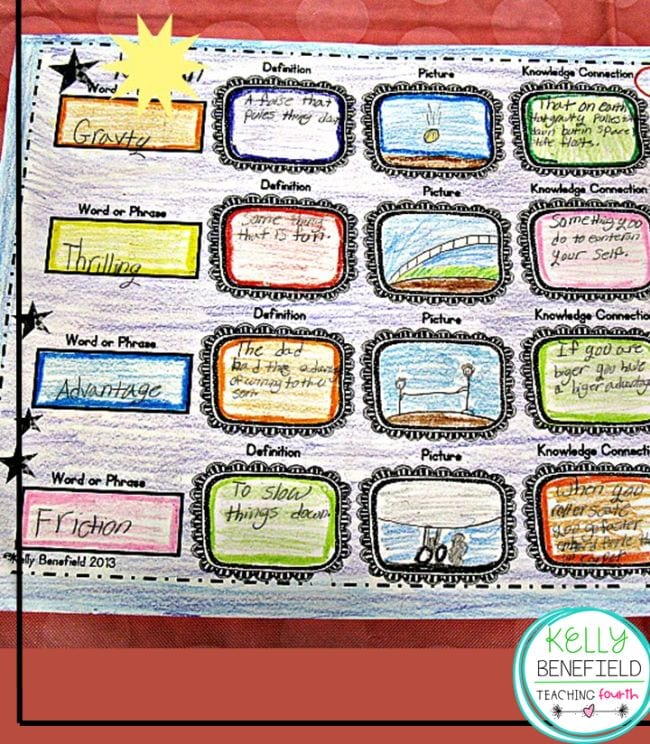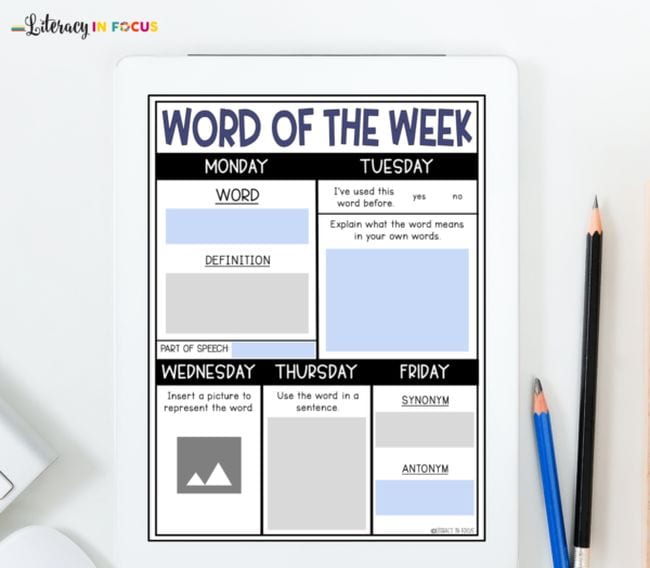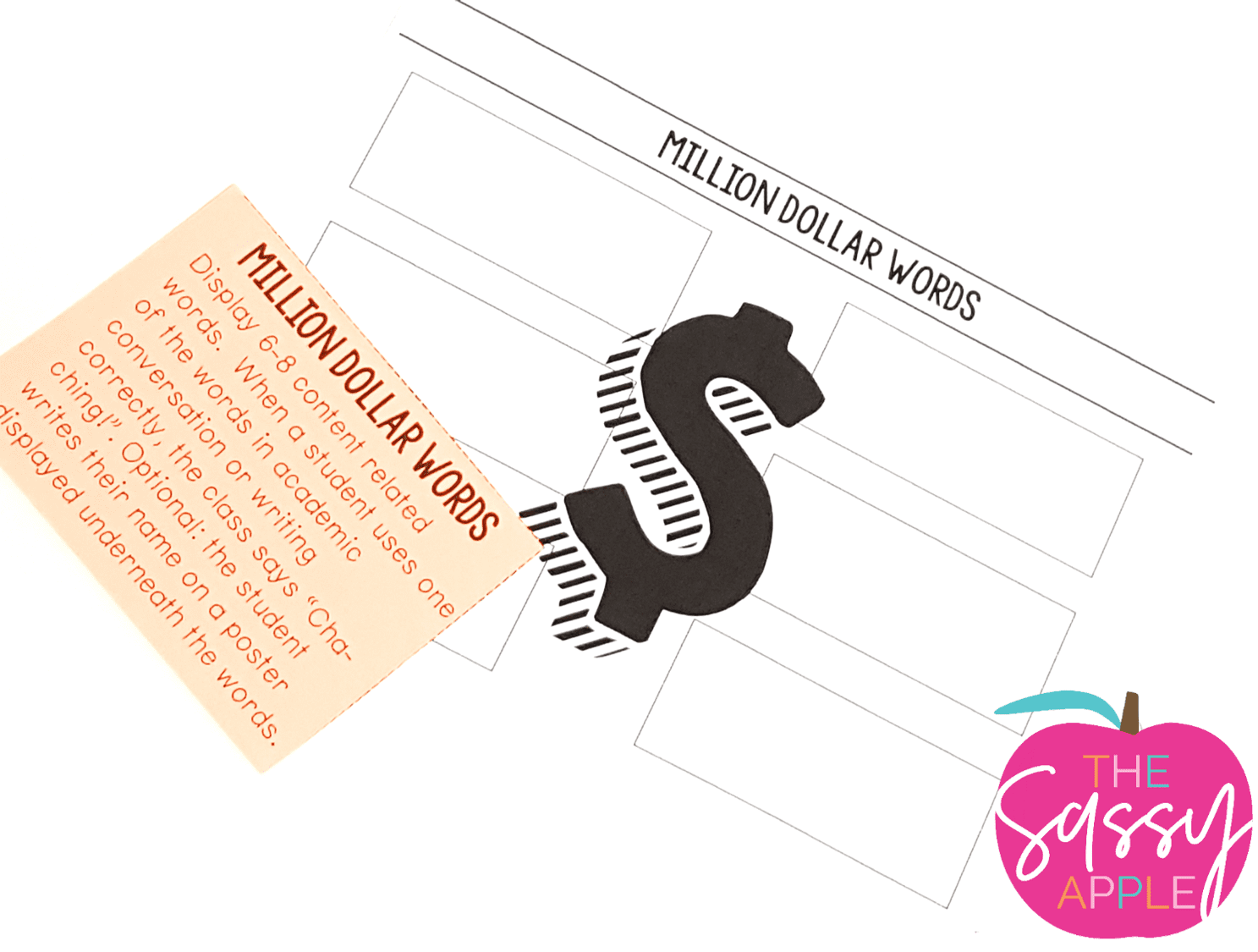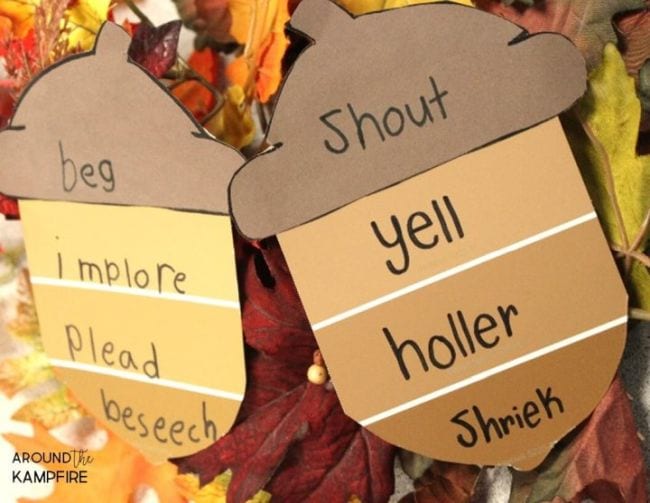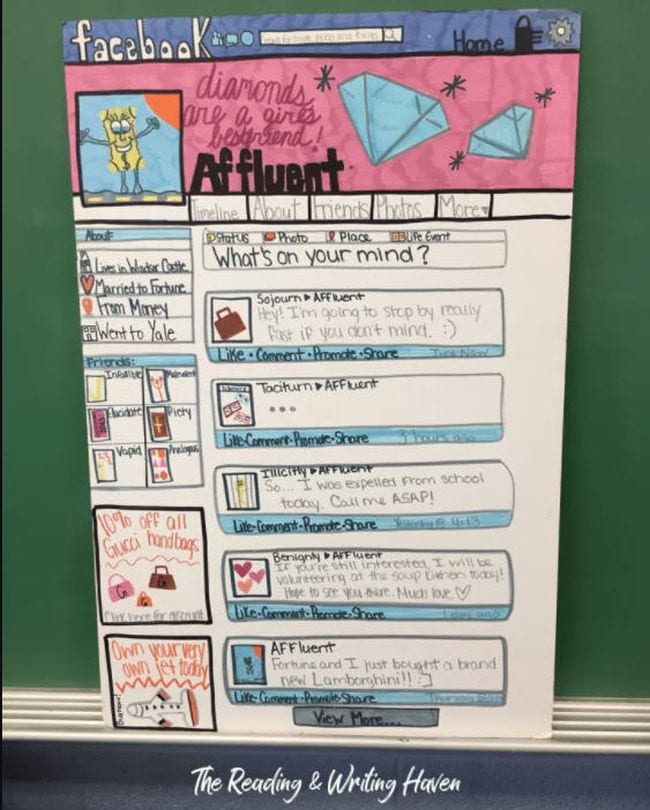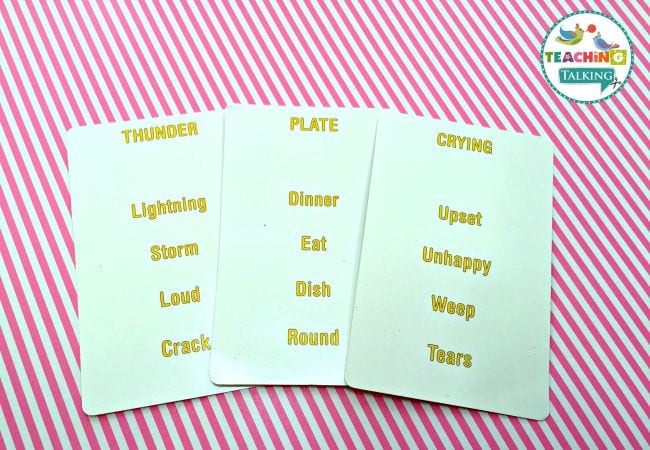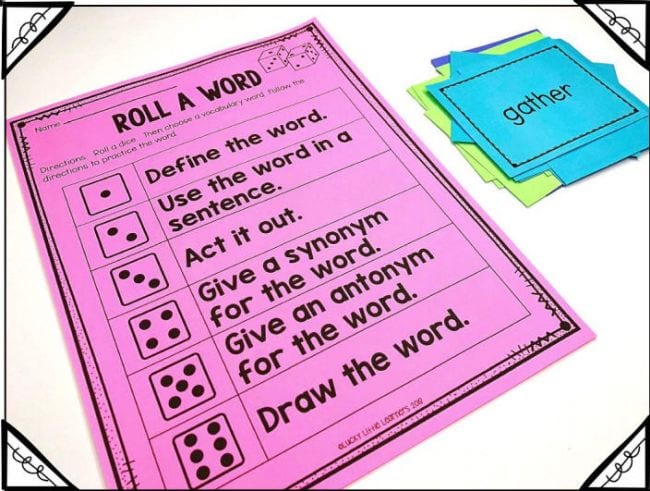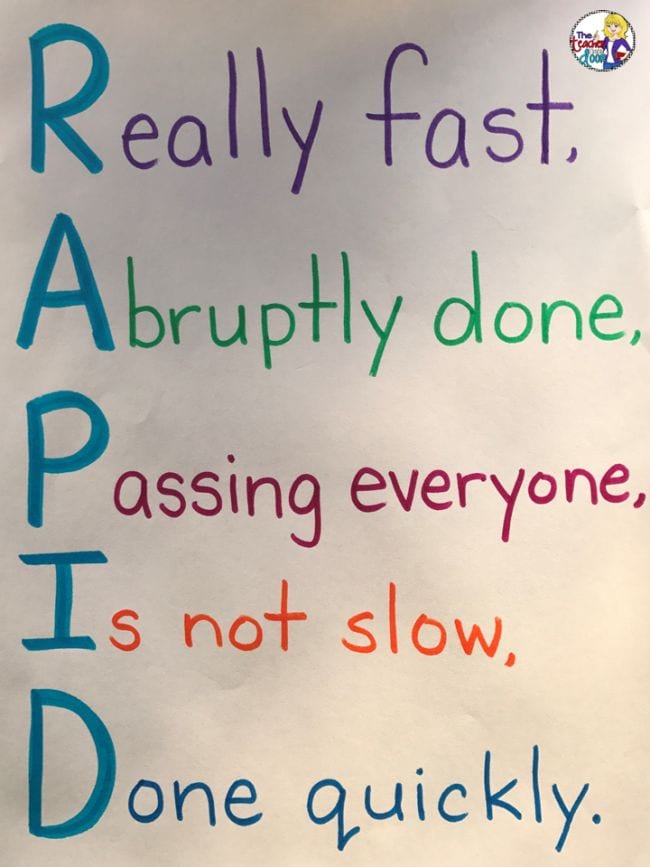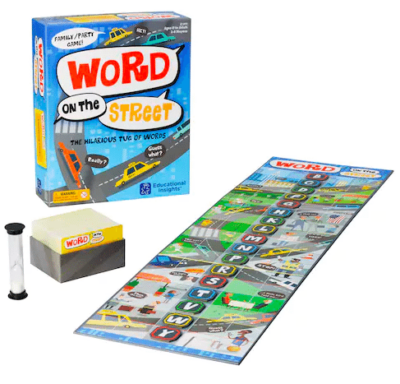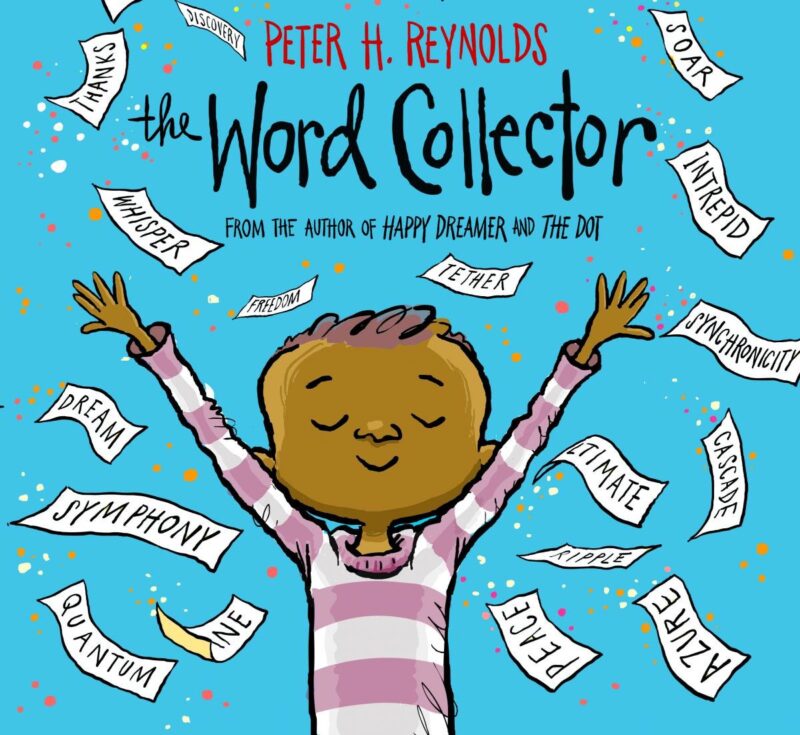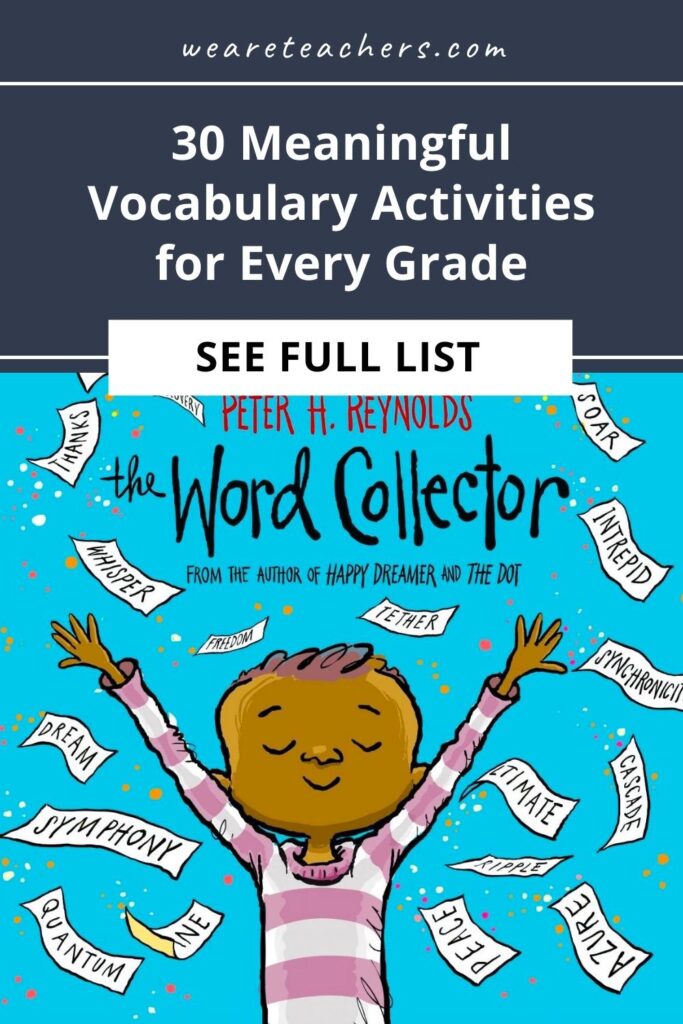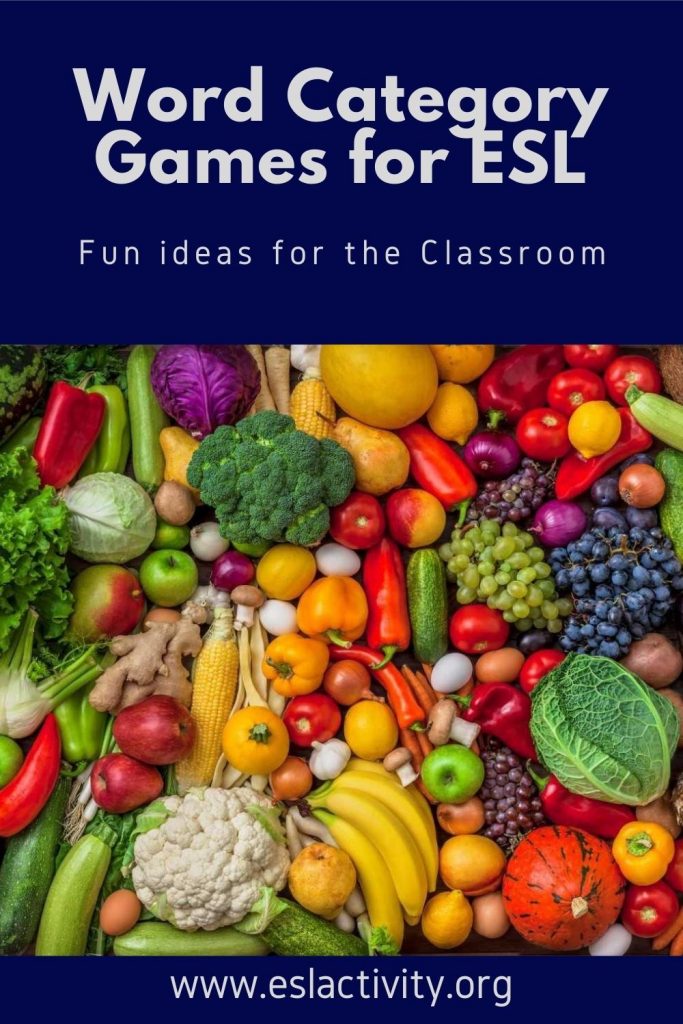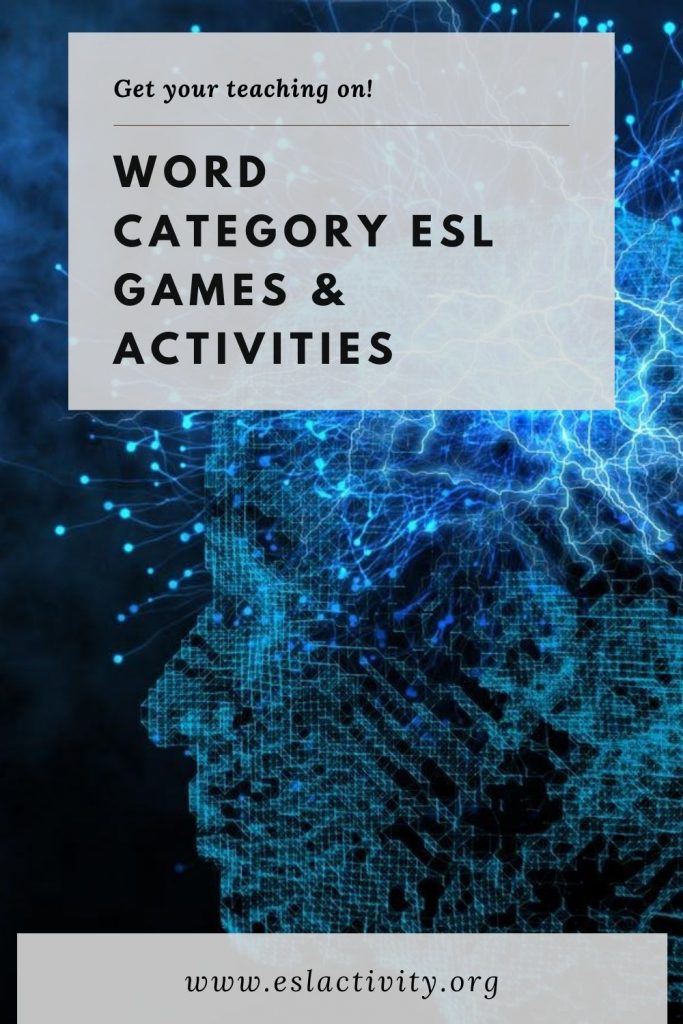We work hard to teach our students the correct way to spell words. We spend countless hours creating spelling practice activities that are fun and not just writing the word multiple times. Are you ready to get some of those hours back?! Take a look at these fabulous EDITABLE Spelling Activities we have created for your students to practice their word lists.
Our Spelling Activities are super simple to use!!!
- Enter your spelling list into the first page of the packet.
- Choose the activities you want to use that week. (We have 150+ different pages to choose from!)
- Print those activities.
These spelling activities can be sent home as homework, used in a word work center, or as independent practice. You can find all of our editable spelling activities, (general, seasonal, and holiday-themed) on Education to the Core Premium. Join today as a monthly or annual member for instant access to this resource and thousands more.
* Spelling Activity Line-Up *
1. SPELLING LIST
This is the page where you will type in your spelling words (up to 15 words). It can be sent home for students to study during the week, as well as for parents to cut apart and use as flashcards.
2. MAGIC WORDS
Write each spelling word in white crayon, then color over with a marker to watch them “magically” appear.
3. ALPHABETICAL ORDER
Write each spelling word in ABC order.
4. RAINBOW SPELLING
Write each spelling word across the rainbow. How many colors can you use?
5. WRITE A SENTENCE
Create a sentence that contains each spelling word.
6. SECRET CODE
Use the picture code to spell each of your words.
7. ROLL A SPELLING WORD
Roll the dice to see which way you are going to practice your spelling words. Which number did you roll the most?
8. WORD ILLUSTRATIONS
Students choose 4 different spelling words to illustrate. As an extension, can they write a sentence to go with the picture?
9. TRACE WORDS
Practice each word as you trace it with different writing tools.
10. EMOJI SPELLING
Use the emoji picture code to spell each of your words.
11. PATTERN BLOCK SPELLING
Use the pattern block spelling words to create real-life pattern block spelling words!
12. VOWELS AND CONSONANTS
Color all the vowels one color and the consonants another in each of the spelling words!
13. SCRABBLE SPELLING
Mix math with spelling!! Students can play a bit of Scrabble by adding up the letters in each spelling word.
14. SPIN IT — SPELL IT
Create a spinner with paper clips. Students spin the spinner and spell the word that correlates with the number spun!
15. SPELLING MAZE
Make your way through the maze. Check off your spelling words as you pass them!
16. SPELLING SPIRAL
Students write each spelling word on the spiral. They keep going until they reach the middle.
17. SPELLING WORD SYLLABLES
Students practice separating their spelling words into syllables. Count on fingers, clap your hands, or stomp your feet to see how many syllables are in each word. Then circle the corresponding number.
18. SILLY WRITING
Your students will have so much fun writing their spelling words upside down and with their eyes closed!
19. PYRAMID SPELLING
Build your spelling words pyramid style. Begin with the first letter and add one more letter as you write your word down the triangle.
20. SPELLING RHYMES
Can your students think of a word that rhymes with each of their spelling words?
21. SPELLING COLORS
Students match the color word to the spelling word in order to write the correct word on the line under each crayon. Added bonus: students will learn to identify color words!
22. WORD SEARCH
For your higher-level kiddos, this word search is great! They write their words either across, down, or as a challenge, diagonal on the grid. Then place random letters among the words. Share with a partner to see if they can find all of your “hidden” words!
23. WORD ART
For the more creative students, color in the fancy letters and decorate around each of the spelling words.
24. CREATE A STORY
How many spelling words can your students include in a story? Write a short story that makes sense and illustrate it.
25. KEYBOARD WORDS
Use the computer keyboard to practice typing your spelling words. Can you put your fingers on the correct keys?
26. STAMPING SPELLING WORDS
Everybody loves dot markers! Grab a few different colors and stamp your spelling words as you read them.
27. SYNONYMS AND ANTONYMS
For a more challenging activity, connect spelling practice with vocabulary work by finding a synonym and antonym for each spelling word.
28. SIGN LANGUAGE SPELLING
Students get to learn sign language as they practice each letter of their spelling words with signs.
29. How Many Sounds
Students can count the sounds/phonemes in each word as they map it!
30. Tic-Tac-Toe Spelling
Perfect for partner spelling activities. Your students can each take a color and play tic-tac-toe with their spelling words.
At Education to the Core, we exist to help our teachers build a stronger classroom as they connect with our community to find trusted, state-of-the-art resources designed by teachers for teachers. We aspire to be the world’s leading & most trusted community for educational resources for teachers. We improve the lives of every teacher and learner with the most comprehensive, reliable, and inclusive educational resources.
If you enjoyed what we have to offer at ETTC, be sure to join our email list, so you won’t miss a beat. We are here to help with all your resource needs. Become a Premium Member of Education to the Core and receive immediate access to thousands of printable activities. For one small monthly or annual fee, everything ETTC can be at your fingertips all of the time.
Written By: Janessa Fletcher & Emily Garcia
 Brilliant Activities To Practise Vocabulary in Language Lessons
Brilliant Activities To Practise Vocabulary in Language Lessons
It is important to encourage students’ vocabulary development so that they have the necessary lexis available to them to succeed in communicating and understanding any language. This can be incorporated into most lessons through subtle vocabulary learning activities. This includes actively teaching vocabulary, absorbing words, picking up one or two words and trying to use them each lesson etc.
How can you teach vocabulary in the classroom?
One way of implementing this strategy in the language classroom is to incorporate a number of opportunities for students to reflect on words they already know, have exposure to words they should know, as well as have the opportunity to use and recycle this vocabulary in ‘authentic’ conversations and interactions. Below, you will find a number of fun vocab activities for language teachers to teach vocabulary with the sole purpose of aiding language learners to improve vocabulary learning.
Ways To Practise Vocabulary
Vocabulary activities are a brilliant way to get students focused in the language classroom and showcase their knowledge. In addition, these fun vocab activities also allow learners to acquire even more knowledge from their peers. Students will have the ability to reflect on what they know if they work individually. However, if they work in pairs and in small groups, they will also learn new words. Combining this reflection, as well as exposure to new words regularly, along with recycling this vocabulary in classroom activities and homework will aid language learners to have more vocabulary to communicate.
The purpose of this post is to collate a variety of fun vocabulary challenges that you can easily use in your language classrooms, at any time of the academic year. The vocabulary development activities are perfect for the French, German and Spanish Key Stage 3, 4 and 5 classrooms in England, but also ideal for English Language Teaching classrooms, as well as any other language teaching classroom anywhere in the world for all language learners!
Try the fun vocabulary challenges and vocabulary activities for revision below today. Which ways to practise vocabulary do you use in your language classrooms? Please feel free to add any ones that we should be using in our language lessons in the comment section below!
AWESOME VOCABULARY ACTIVITIES AND WAYS TO PRACTISE VOCABULARY IN THE LANGUAGE CLASSROOM
 1. How many words can you write with ‘two’ vowels?
1. How many words can you write with ‘two’ vowels?
Add a challenge to your vocabulary practice activities in your language lessons. This fun vocab activity could be easily adapted for all of your classes and it could be used regularly, but with some adaptations to keep things fresh. For example, change the ‘two vowels’ to ‘three vowels’, or the ‘vowels’ to ‘syllables’ etc. You can make the activities topic related or lexical, i.e. nouns, adjectives, verbs etc.
 2. Words Beginning with ‘X’
2. Words Beginning with ‘X’
How many words can you write down beginning with any letter of the alphabet? To make this vocabulary challenge topic-related, add a theme that the students must stick to, i.e. Food & Drink or Holidays. Timed vocabulary activities can often be the most fun, as students have a sense of competition and often enjoy trying to compete against their peers. Sometimes, I get students to compete with each other to see who has the most vocabulary that no-one else in the lesson has written down. A little treat always helps for the winner!
3. A-Z Vocabulary Practice Activity
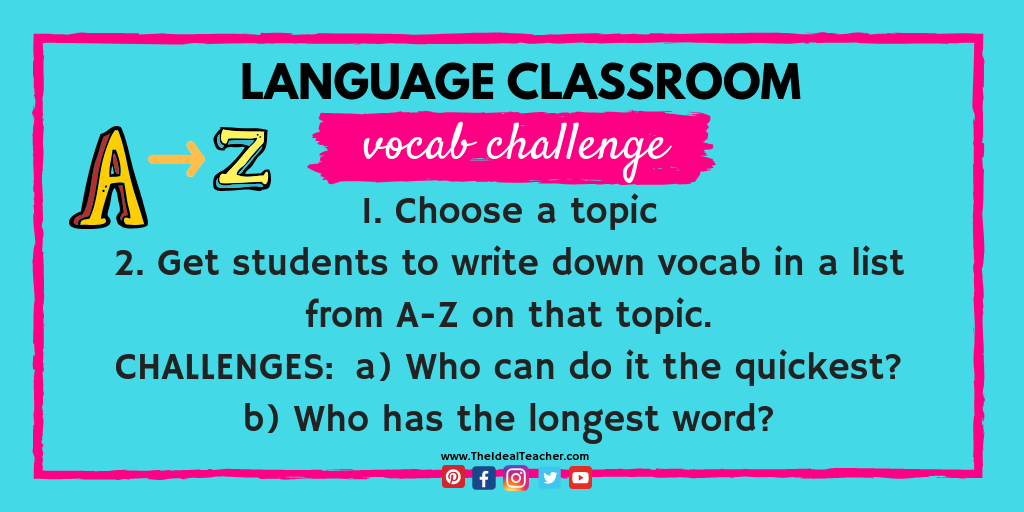
4. What am I thinking?
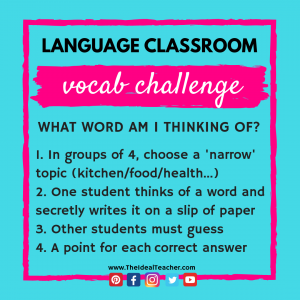
5. Beat The Teacher
This vocabulary practice activity is an oldie but a goody. It can be used to develop vocabulary and pronunciation for all students. This is one version of ‘beat the teacher’ with a competitive element but there are also many variations of it.
Create a PPT slide with imagery of vocabulary items in a grid. The students and teacher start off with 10 points. Point to an image on the grid and say it in the target language. If you say the word that represents the image correctly, then the students must repeat it. If you say a different word, or pronounce it incorrectly, then students must remain quiet. If anyone repeats the wrong word, then the teacher gets a point, if all students stay silent the class gets a point.
Tip: Get a reliable student to keep a tally chart of the marks. To decide on a winner, you could set a time limit, or the first ‘team’ to get to a certain number of points. If the class wins, you could let them out a minute early, or give them another type of prize.
I find this kind of vocabulary practice activity works really well to get whole groups engaged and it’s an excellent way of drilling with a competitive edge.
6. Word Association for Vocabulary Learning
I tried this creative vocabulary challenge out today with my English students and they loved it! The students got extremely inventive with the vocabulary that popped into their heads, in association with the previous one. You can use this as a stand-alone activity to get learners thinking of words they know. However, you could also combine it with a writing or speaking activity, too.
Instructions:
1. Teacher says a word, i.e. ‘facile’ and adds to whiteboard
2. Students must say the first related word they think of, i.e. ‘anglais’
3. Repeat until you get bored!
This vocabulary builder was used as a starter to a creative writing activity. So, if you have time, give the students a sentence starter, such as: ‘It was the first time that I was in a new country, when suddenly someone tapped me on the back…’ You can choose a sentence starter that fits with your class and their level. However, this worked so well and really got my students writing spontaneously but creatively at the same time. Win-win I’d say!
7. Hangman To Teach Vocabulary
When you think of fun vocab activities, then this might seem like a really simple and ill-thought out vocabulary challenge. However, try it out. It’s a brilliant idea and gets students so motivated. You can play as a whole class, perhaps as a plenary, or you can put students into small groups with mini whiteboards to compete against each other in small teams. If you are unsure on how to play hangman, check out the rules in the link.
Instructions:
- Choose the theme
- Put students into small teams with one mini whiteboard, pen and rubber
- Students choose who begins, and then go clockwise.
- Students compete against each other in the small teams
- Keep a tally-chart and get the winners from each team to compete for an overall winner. This might seem like a really simple and ill-thought out vocabulary challenge. However, try it out. It’s a brilliant idea and gets students so motivated. You can play as a whole class, perhaps as a plenary, or you can put students into small groups with mini whiteboards to compete against each other in small teams. If you are unsure on how to play hangman, check out the rules in the link.
8. Pass It Forward Vocab Activity
 I do love a good vocabulary activity with a competitive element! This one’s got both of these combined.
I do love a good vocabulary activity with a competitive element! This one’s got both of these combined.
Resources required:
- magnetic whiteboard and 1 x magnet per group
- students in groups of 4-5 seated in rows facing the whiteboard
- 10-15 images per group, related to whichever topic you would like to focus on
Instructions on the Pass It Forward Vocabulary Challenge
1. Sit students in groups of 4-5 in seated rows of tables facing a whiteboard
2. Beforehand, print out 10-15 images related to whatever topic you like on the back table.
3. Describe something from one of the images, i.e. ‘das blaue Hemd’.
4. The person on the back table must choose correct image and pass it forward to the person nearest whiteboard to stick on the whiteboard.
5. First team to put it on correctly and sit down again wins.
NOTE: If others disagree as they are passing it forward, they can pass it back and try again. Also, you can get students to move one chair back after each round. Watch out though, this option can be hard to manage!
CHALLENGE, get a stronger student to read out words, phrases or sentences, instead of the teacher.
9. What am I talking about? for Vocabulary Learning
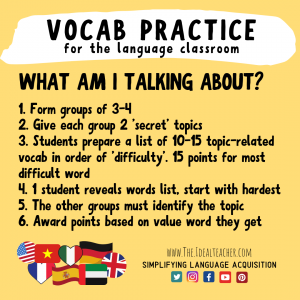
Instructions:
1. Put students into groups of 3-4
2. Give each group 2 ‘secret’ topics/themes that you have pre-prepared
3. Students work in their groups to prepare a list of 10-15 topic-related vocab in order of ‘difficulty’. The word they feel is most difficult, but relatd to the theme gets awarded 15 points, then 14, 13, 12 etc
4. After prep time, go around each group with a different student revealing a new word from the list each round, starting with hardest
5. The other groups must identify the topic, for every guess they make incorrectly, that team loses a point.
6. Award points based on value of the word the ‘winning’ team gets right
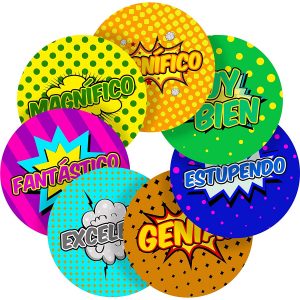
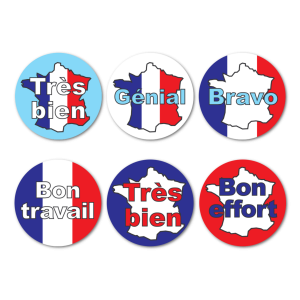
Spanish Reward Stickers
German Reward Stickers
Italian Reward Stickers
English Reward Stickers
10. Jumbled Words With A Twist
Resources Required:
TWO OPTIONS:
More Prep – Worksheet with scrambled words and clues
Low Prep – Get students to create their own individual ideas on post it notes or slips of paper + blue tack to stick them up after
Instructions:
- Whichever option you go for on this vocabulary revision activity, either you or the students have to produce a list of scrambled words related to your topic, or any vocab related to the course.
i.e. GAUR: _ _ _ _ - Alongside this scrambled word with space for the correctly spelled word next to it, add 1-3 clues in target language
For example, each jumbled word could be presented as follows:
GAUR: _ _ _ _
11. Lexical Lists for Vocabulary Learning Practice
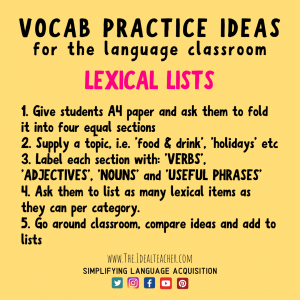
When To Use: anytime, but works well at the beginning of a topic to assess current knowledge (add to it as you go through a topic), as well as at the end as a revision activity.
Instructions:
1. Give students A4 paper to fold it into four equal sections
2. Supply a topic, i.e. ‘food & drink’, ‘holidays’ etc
3. Label each section with: ‘VERBS’, ‘ADJECTIVES’, ‘NOUNS’ and ‘USEFUL PHRASES’
4. Ask them to list as many lexical items as they can per category
5. Go around classroom, compare ideas and add to lists
It’s a no-prep vocabulary practice activity and really effective in revising vocabulary and sharing ideas! Not ideal to teach vocabulary though.
12. Word Acrostic to Teach Vocabulary
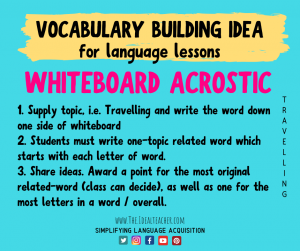
When To Use: anytime, but works well at the beginning of a topic to assess current knowledge (add to it as you go through a topic), as well as at the end as a revision activity.
Instructions:
1. Supply a topic, i.e. Travelling, Education, Health etc and write the word down one side of the whiteboard
2. Students must write one-topic related word which starts with each letter of the word on the whiteboard, i.e.
Trip
Ride
Aeroplane
Voyage
Excursion
Lake
Look
Indicate
Norway
Gallivant
3. Share ideas at end. Award a point for the most original related-word (class can decide), as well as one for the most letters in a word / overall.
It’s a no-prep vocabulary practice activity and really effective in revising vocabulary and sharing ideas!
13. 5 Words Vocabulary Practice Activity
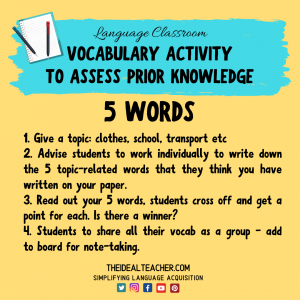
When To Use: Anytime. But, it works well at the beginning of a topic to assess prior knowledge, in the middle to assess learning, as well as at the end as a vocabulary revision activity.
Instructions:
1. Share a broad topic with learners (clothes, school or travel etc)
2. Explain you have 5 brilliant topic-related written words on your paper and they must try to guess the 5 you have by writing them on their paper.
3. Read out each of your 5 words and students cross out if they have them. Award a point for each correctly guessed and spelled word.
4. Students share their ideas and you can add these to the board under their lexical category for students to note down to add to their previously noted down topic-related vocabulary.
EXTENSION: Students can put each of their 5 words into a sentence underneath, once they have written 5 words they are happy with.
It’s a virtually no-prep vocabulary activity and extremely effective in revising vocabulary and sharing ideas and checking pronunciation and spelling too.
14. Just 3 Words
Vocabulary Practice Activity Resources Required: Exercise books, A6 strips of paper and pens
When To Use: This vocabulary activity is perfect for testing and practising vocabulary anytime during the year and it combines the skill of writing too.
Instructions:
1.Ask each member of the class to choose a broad topic from what you have learnt recently (i.e. food, clothes, school etc)
2. Put students into pairs and explain that their neighbour must write down three words, directly related to the topic you have chosen in list form.
3. The student must take the list and write a short story, dialogue or essay (45, 90 or 150 words) and they must include those three words and stay topic-related.
4. Once finished, get students to peer assess.
CHALLENGE ELEMENT: Give students a choice of grammatical challenges (use past simple, the third person singular or prepositional verbs) to incorporate too.
It’s a virtually no-prep vocabulary activity and extremely effective in helping students to be creative with a topic and vocabulary, with the help of just 3 words.
15. The Chain Vocabulary Game – Topic Related Word Revision Practice
A simple, no-prep vocabulary practice activity that is ideal for end of topic vocab revision. Remember those long car journeys you had as a kid? Where you had a topic, like: ‘COUNTRIES’ and everyone had to say a word that ended with the last letter of the country the previous person said?
Well, that word game that brings back fond ?! memories can also be used in the language classroom too. It’s no-prep and works well as competitive vocabulary revision practice,
How To Play?
- Put students into teams (2-4 total)
- Pick the topic, i.e. ‘Food’
- One team says a word in Target Language on that topic, i.e. Brot
- The next team says a word that begins with the last letter, i.e. Tomate
- Keeping going until one team wins!
It’s a tricky one, so make sure you pick a topic that the students know well. Try and get all students involved by advising that all should at least have one input minimum during the game. You can entice the students a bit further with a little prize for the winning team!
////////////////////////////////////////////////////////////////////////////////////////////////////////////////////
Try some of these vocabulary activities out in your classroom this week and let me know how you have adapted them. Do you have any other suggestions for additions?

Did you like this my post with all of these brilliant vocabulary activities? If so, check out these fun vocab activities too:
Fun Games for the MFL Classroom
Spontaneous Speaking with Video Clips in the Language Classroom
JOIN ME ON MY SOCIALS FOR MORE FAB TEACHING CONTENT >>
You found our list of fun and simple vocabulary games for adults.
Vocabulary games are activities that include language and wordplay. Example games include Word Association and Hang Man. Players can enjoy vocabulary games in person or online. The purpose of these games is to strengthen vocabulary skills. These games are also known as “vocab games”, “letter games” and “vocabulary building games.”
These games make great online classroom activities and communication games, and can be used as online fun activities for employees.
This list includes:
- vocabulary games for adults
- simple vocabulary word games for adults
- fun online vocabulary games and activities
- English vocabulary games
- vocabulary games in English
- games to improve vocabulary
- vocabulary building activities
- vocab review games
- vocabulary games for students
Get ready to play!
List of vocabulary games
From Pictionary to word scrambles to synonym memory, here is a list of fun word games to play in classrooms, at parties, or during meetings.
1. Vocabulary Pictionary
Pictionary is a game of charades where players draw words instead of acting them out.
To play:
- Split the group into teams.
- Each round, assign one team member to draw.
- Give the drawing team member a word.
- Allow up to sixty seconds for teammates to guess.
- If the team guesses correctly, then assign one point.
You can give other teams the opportunity to steal, or move onto the next team’s turn. The game is a great way to practice new vocabulary, as players connect the word with an image. Pictionary is a fun game for virtual parties or in-person affairs.
To play Pictionary online, draw on the whiteboard app feature on your online meeting software.
2. Word Association
Word Association is one of the best vocabulary games for kids and classrooms since playing does not require a large vocabulary. The rules are simple and easy to understand. Typically, the game involves two players.
To play:
- Player one says a word.
- Player two responds with the first word that comes to mind.
- Player one either chooses a new word or responds to player two’s word.
- The game continues until one player repeats a word or pauses too long.
The rapid pace of the game generates excitement and occasionally results in funny answers.
If a student makes a mistake, then the teacher can pause the game and ask the student to explain or find a more fitting word. Ideally, gamemasters should allow players a few extra seconds to respond. Players should never feel embarrassed. There are no wrong answers in word association, but the game can serve as a learning opportunity to find better words.
If playing via Zoom, then player one or the teacher speaks a word, and other students answer in the chat. The class counts up matching answers and discusses different responses, guessing the reasoning behind each answer.
3. Vocabulary Hangman
Hangman is a classic chalkboard word game that translates easily to online play, thanks to digital whiteboards.
To play:
- Assign a player a word.
- The player draws a series of blanks corresponding to the number of letters in the word.
- Other players guess letters.
- If the letter is in the word, then the “executioner” fills in the blank. If not, then the executioner draws one portion of the gallows.
- The game ends when players guess the word, or when the picture is complete.
The best words to use for hangman contain less-used letters like z, x, and q. Examples of hard hangman words include zigzagging, razzmatazz, and quadrants.
4. Word search
Word searches are common classroom vocabulary games. These activities work well for handouts, and you can play during video calls by using the whiteboard feature and enabling annotation.
We made a sample word search you can use.
To make the game more competitive and exciting, turn the challenge into a race and award prizes to the first players to complete the puzzles.
5. Crossword
Crossword puzzles consist of a series of interconnecting boxes, each of which starts blank but contains one letter by the end of the game. Under the puzzle are two lists of clues, across and down respectively. Solvers need to consider the meaning of words, number of letters, and surrounding words, making the game strategic as well as literary.
Here is an example of a crossword puzzle you can use with your class or team.
Here is the answer key.
Crosswords are great word games for any age or skill level because puzzle makers can adjust the difficulty to suit players. To make your own crossword puzzle, use an online crossword creator.
6. Word Scramble
Word scrambles make great games for English class, and adults enjoy these language brain teasers as well. Simply mix up the order of the letters and ask players to unscramble and identify the original words.
Here is a sample to start with.
And here is the answer key.
To make your own word scrambles, use an online letter randomizer.
7. Scrabble
Scrabble is one of the most popular word games for adults or children. Players must use letter tiles to assemble words on the game board.
To play:
- Each player draws seven letter tiles.
- During turns, players can play tiles or exchange them for new letters.
- Players build words on the board, with each new word connecting to an existing word.
- Tiles have a point value assigned depending on the challenge of the letter. When a player makes a word, tally the letter and add the score to the point board.
More challenging letters have higher point values. For example, E is one point, while Z is ten. To find the point values for each tile and read more gameplay tips, check out this guide from Hasbro.
To coordinate the game for language lessons, assign higher scores for vocabulary words, and ask players to use the words in a sentence for extra points.
Scrabble is easy to play online, too, making it one of the best online vocabulary games. To play virtually, simply find a multiplayer online version of the game, such as Words With Friends.
8. Scattergories
Scattergories is one of the most fun and simple word games for adults. The game challenges players to think up words all starting with the same letter.
To play:
- One player rolls a letter die or uses a letter generator to pick the first letter.
- The timekeeper puts 60 seconds on the clock.
- Players write down one answer per category starting with the letter.
- When time runs out, players read the answers.
- Players receive a point for every answer.
Alliterative phrases count for double or triple points. If two players have the same answer, then they must cross it out and neither receives points. Of course, a player will not receive points for blank answers either. At the end of each round, the player with the most points wins.
Here is a list of sample Scattergories categories:
- A boy’s name, girl’s name, or gender neutral name
- Capital cities
- Four letter words
- Types of drinks
- Holidays
- Careers or professions
- Cartoon characters
- Websites
- Desserts
You could create more inventive categories for the game, or challenge players to make up prompts.
To play virtually, use the chat, screen-share, whiteboard functions in your virtual meeting platform. You can also share a Google Doc or Form, or join a multiplayer online Scattergories game together.
9. Tree or Bob Ross
Tree or Bob Ross is a fun video conference game that challenges players to guess a word by asking questions.
The player who conjures the word is The Post. The Post answers This or That questions whose answers help players narrow down the word.
The first question of the game is usually “is it more like a tree, or more like Bob Ross?” and The Post must answer accordingly. For instance, a rose is probably more like a tree, but Pinnochio presents an interesting challenge.
Each turn, the guesser adds a new word. For example, the second question might be, “is it more like a tree or a fern?” The game continues until players guess correctly. For more excitement, introduce a time limit, or award more points if players guess the word during earlier rounds.
10. Vocabulary Pyramid
Pyramid challenges players to guess words from context clues. The pyramid is a collection of six words, arranged with three on the bottom, two in the middle, and one at the top. To win, teams must guess all words within the pyramid in the allotted time.
To play:
- Divide the group into teams.
- Give one player on each team the pyramid.
- The pyramid holder must give hints to teammates describing each word without using the actual name of the item.
- When players guess correctly, the pyramid master can move to the next word. Or, players can say “pass,” and return to the word later.
- Teams receive a point for every correct guess.
When determining the time limit, consider the age of your players and the difficulty of the words. In general, 30 seconds per word, or three minutes total, is a good place to start, but add or take away time to increase or decrease the challenge.
11. Invisible Bridge
Invisible Bridge is similar to six degrees of Kevin Bacon. In both games, you must figure out a way to connect two seemingly distant concepts. Six degrees of Kevin Bacon uses actors, while Invisible Bridge uses words.
To play:
- A player suggests two unrelated words.
- Player one gives a number of planks. This is how many steps other players must use to relate the two words.
- The other players think up words that share similar traits, synonyms, or connector words to move from one term to another.
An example round might look as follows:
Tiger, Astronaut, eight planks
Tiger – Balm – Lip – Service – Customer – Happy – Pills – Capsules – Space – Astronaut
Meanwhile, Tiger, Astronaut, two planks might look like this:
Tiger – meat eater – meteor – Astronaut
One fun aspect about this game is there can be more than one correct answer, and opposing teams can dispute far-reaches. Invisible bridge encourages players to think about the nature of language and the relationship between words.
12. Poetry Improv
Poetry Improv is an exercise that challenges participants to craft verses on the spot.
To play:
- Pick a poetry style, such as sonnet, haiku, acrostic, limerick, or free verse.
- Give participants vocabulary words to use within the poem.
- Allow five or ten minutes for groups or individuals to complete the verses. If playing online via meeting software, then send groups to breakout rooms to work.
- Ask poets to share the masterpieces aloud.
For extra fun, turn other players into judges by asking them to rate the poems by holding up scorecards. To make the game more fast-paced, ask players to finish each others’ phrases on the spot for a true poetic improv.
13. Synonym Memory
The rules of Memory are easy: flip over two cards at a time and look for matching pictures or words. When players find pairs, they take the cards off the board. The player with the most pairs of cards at the end of the game wins.
Synonym Memory puts a challenging spin on the simple game. Instead of hunting for exact matches, players pair up words with synonyms.
Here are some sample matches:
- enticing/tempting
- assume/suppose
- patience/restraint
- revoke/rescind
- impact/collision
The game encourages players to think in different ways, as participants will need to remember the location of the cards as well as consider meanings of words.
To play online, make your own virtual synonym memory game with an online tool and share screens to play, with one player flipping over the cards at other players’ request.
List of words to use for vocabulary games
Here is a list of great words to use in word games:
- serendipity
- fortitude
- akimbo
- sumptuous
- ineffable
- zephyr
- incorrigible
- medallion
- mauve
- bombast
- denouement
- contemporary
- gossamer
- inane
- hippodrome
- concession
- ideology
- quintessential
- prescient
- regurgitate
- gnash
- cataclysmic
- knell
For further inspiration, use a random word generator or consult online lists of difficult or intersecting words.
Conclusion
Vocabulary games and activities test and strengthen players’ communication skills. These word games minimize frustration by disguising language lessons in the form of an exciting challenge. Not to mention, simple word games are fun for adults and kids alike, and make great icebreaker activities during meetings. Most games only require words and a way to share them, so playing word games online via Zoom or similar platforms is easy.
For even more smart fun, check out our posts on problem solving games, question games and team building brain teasers.
FAQ: Vocabulary Games
Here are answers to common questions about vocabulary games and activities.
What are vocabulary games?
Vocabulary games are word and language games you can play with students, coworkers, or family and friends. These games challenge players to hunt for words or definitions, brainstorm terms, deduce phrases based on clues, or create words under certain conditions. Language games are a great way to teach new vocabulary and help students practice recognizing and using new words. These activities are also known as “vocabulary building games” and “vocab games”, and are similar to “word games” and “letter games”.
What are some fun word games for groups?
Some fun word games for groups include Pictionary, Tree or Bob Ross, and word scrambles.
What are some online vocabulary games?
By using virtual meeting software like Zoom, you can play any word game online. Some good virtual vocabulary games include Scrabble, Scattergories, and online crossword puzzles.
What are good ESL word games?
The best ESL word games are easy to understand and play yet expand the vocabularies of participants. Good ESL word games include word association, word searches, and hangman.
What are fun ways to teach vocabulary?
Word games are one of the most fun and easy ways to teach vocabulary. While some kids get frustrated with straightforward reading or language exercises, word games disguise vocabulary lessons as a fun challenge. Plus, playing language games together is a great teamwork exercise.
Learning new words is like adding to your writing toolbox. Your writing becomes so much more interesting and engaging when you have more tools available. Check out these fun and engaging vocabulary activities for kids in grades K-12, and give your students the equipment they need to build their wordsmith skills.
1. Write vocabulary short stories
Using vocabulary words in writing shows mastery. Challenge your students to use all of their vocabulary words in an original short story. Allow students to pair up and share their stories with a partner.
Learn more: Lucky Little Learners
2. Put your students in the “hot seat”
Divide your class into two teams. Choose one student from one team to go to the front of the room and sit in a chair facing the class with his/her back to the board. This person is “on the spot.” Place a word on the board so everyone can see it except the person in the chair. One at a time, team members give the person a clue about the mystery word. If the word is guessed before two minutes are up, the team gets a point and play turns to the other team.
Learn more: On the Spot/Upper Elementary Snapshots
3. Match up words and definitions
Download these vocabulary words and matching definitions. Distribute one card to each student (either a word or a definition). Allow students to circulate in the room and find their “match.” Switch cards and repeat.
Learn more: Teach Starter
4. Sketch up some word maps
Creating word maps from vocabulary words encourages students to find the relationships between the vocabulary word and other words. Have them include words, pictures, examples, real-world connections, definitions, descriptive words, etc.
Learn more: Southern Fried Teachin’
5. Create Post-it stations
Post vocabulary words around the room, then have students circulate and write an original sentence using that word on a sticky note. Follow along and make sure students use the words correctly.
Learn more: Now Spark Creativity
6. Play a game of Pop!
Write vocabulary words on cards or craft sticks and place in a paper bag. Write the word Pop! on three to five cards or sticks and add them to the bag as well. To play, students will take turns drawing cards or sticks out of the bag, reading the word and giving the definition. If they correctly define the word, they keep the card or stick. If not, it goes back in the bag. If they pull the word Pop! they must return all their cards or sticks to the bag and start over. The player with the most cards or sticks wins.
Learn more: Pop/Not So Wimpy Teacher
7. Take a gallery walk
Hang six to eight large sheets of chart paper in various places around the room. On each sheet, write one vocabulary word. Have students work in small groups, rotating between stations. At each station, ask students to come up with a different, original way to use each word. Continue the activity until all students have visited every station.
Learn more: Teachwriting.org
8. Create vocabulary strips
Have students draw a diagonal line across an index card. On the top half, have them write the vocabulary word and definition. On the bottom half, have them draw a picture of the word and use it in a sentence. Cards can be joined together in a strip for easy review.
Learn more: Teaching Fourth
9. Play a round of Pictionary
This fun activity requires students to draw a picture for each word to create their own visual dictionary. When students create their own visual representations, they develop an association with the word that they will be able to tap into when needed.
Learn more: Pictionary/Lit in Focus
10. Make a word map
Word maps help deepen understanding of a vocab word by relating it to other words and concepts students already know.
Learn more: Word Map/Upper Elementary Snapshots
11. Use the Frayer model
Frayer models are a popular way to learn new words and concepts. Kids define the word in their own terms, then list facts and characteristics, examples, and non-examples.
Learn more: Southern Fried Teachin’
12. Draw vocabulary Sketchnotes
Kids and teachers love Sketchnotes! Rather than writing out definitions, have students draw a sketch that sums up each word instead. It’s a lot more fun and gives kids an image for visual association and to help remember the meanings.
Learn more: Now Spark Creativity
13. Bump words along
Group vocab words together with a few other words with similar meanings and one that’s an antonym. Students identify the antonym and “bump” it to the next box, filling in the next group of words. They continue until the worksheet is full.
Learn more: Reading and Writing Haven
14. Post a graffiti wall
Think of a vocabulary graffiti wall like a collaborative word wall. In the classroom, post the words on the wall and have kids add sticky notes to illustrate the term (they can use words or pictures). Online, try a tool like Padlet or Google Slides.
Learn more: Digging Deeper
15. Match words to describe character
This is a terrific way to practice vocab words pulled from books you’re reading. Ask students to use various words to describe the different characters in the book and their feelings, thoughts, and actions.
Learn more: The Sassy Apple
16. Fill in words from A to Z
This vocabulary game is fun and challenging, and you can play it at any age. Choose a word, then challenge kids to come up with related words for as many letters as possible. These could be synonyms, antonyms, examples, and more. Trickier letters are worth more points!
Learn more: A to Z/Lit in Focus
17. Try Flip for vocabulary activities
Are you on the Flip (formerly Flipgrid) bandwagon yet? It’s perfect for vocabulary activities! Have kids record a quick video for each word, using their creativity to make it fun and meaningful.
18. Battle it out in Vocabulary Jeopardy
Good vocabulary activities encourage more than just memorization of definitions. That’s why we like this Jeopardy game idea. It explores synonyms and antonyms and how words are used in real sentences.
Learn more: Not So Wimpy Teacher
19. Use RAFTs to write vocabulary stories
Writing a story using vocab words is a perennial favorite, but the RAFT method gives it a new twist. Students are assigned a Role (the point of view from which they’ll tell the story), an Audience, a Format, and a Topic. For instance, they might be an astronaut (Role) writing a postcard (Format) to their friends back home (Audience) about what they’ve seen on Mars (Topic). RAFTs are especially great for kids who claim they don’t know what to write about.
Learn more: RAFT/Teachingwriting.org
20. Discover the power of words
Vocabulary words take on greater meaning when students incorporate them into their daily lives. Challenge kids to use their vocab words in conversation and writing outside the language arts classroom. Use the free printable worksheet here to help them keep track of how often they use them.
21. Create graphic organizers
Colorful organizers like these are terrific vocabulary activities. Want to go digital? Have kids make a slideshow, one slide per word. They can include the same information, but instead of drawing a picture, have them find one online that illustrates the concept.
Learn more: Graphic Organizers/Upper Elementary Snapshots
22. Focus on a Word of the Week
Give really important terms the attention they deserve. Choose a new vocab word each week, then explore it in depth day by day.
Learn more: Lit in Focus
23. Join the Million Dollar Word Club
Post a list of target vocab words. If a student uses one of the words in class (outside of vocabulary activities), they become a member of the Million Dollar Word Club! You can have them sign their name on a wall in the classroom or award a badge online. You could even develop this into a reward system for homework passes or extra credit.
Learn more: Million Dollar Words/The Sassy Apple
24. Explore shades of meaning
This is a cool idea for exploring synonyms and the slight differences that make words unique. Ask for paint sample strips at your local hardware store, or buy a clip art set. In the classroom, use these paint strips to make crafts for a bulletin board. Working in a virtual environment? Have kids print clip art strips at home or use the images to make slides or digital worksheets.
Learn more: Around the Kampfire
25. Personify a word with social media
This is one of those vocabulary activities kids will want to do over and over again! Assign each student a word and have them create a fake Facebook, Instagram, or other social media page for it. They can draw them freehand or complete a template like these from Teachers Pay Teachers. Post the images to a shared Google slideshow so other students can use them for review.
Learn more: Reading and Writing Haven
26. Play vocabulary word Taboo
In this game, the goal is for one student to get their partner to guess the word by describing or giving examples of it. The trick? There’s a list of additional words they’re not allowed to use! Let other students see the card in advance to help keep the players honest. (Flash it on a whiteboard and have the guesser face away.)
Learn more: Teaching Talking
27. Roll a die for vocabulary activities
Choose a vocab word, then have the student roll a die (these virtual dice are handy) to see which activity they get to complete.
Learn more: Roll a Word/Lucky Little Learners
28. Write an acrostic
Write an acrostic poem for each vocab term, using the letters to determine the first word in each line. This can get really challenging when words are longer!
Learn more: Vocab Acrostic/Upper Elementary Snapshots
29. Play vocabulary board games
Everyone knows that playing games is the best way to learn! Try some of these fabulous board games with your students and watch their vocabularies grow!
Learn more: 11 Vocab Games to Make the Learning Stick
30. Become a Word Collector
This is one of those picture books that grown-up kids will enjoy as much as little ones. Use it to remind your kids that they don’t need a vocabulary list to learn new words—new words are all around them. Encourage them to keep a word list or journal of their own to record new words they want to explore and use more often.
Buy it: The Word Collector by Peter Reynolds on Amazon
Reading poetry helps students expand their vocabularies. Check out these must-share poems for elementary school and middle and high school.
Plus, get all the latest teaching tips and ideas when you sign up for our free newsletters!
If you’re looking for some ESL games and activities for word categories, then you’re certainly in the right place. Keep on reading for the top 15 that are engaging, interactive and student-centred and can be used for vocabulary categories (jobs, animals, etc.) or various kinds of grammar (past tense verbs, adjectives, etc.).
Word categories ESL games
Word Category Activities and Games
Let’s get into the best word categories games to use with English learners.
#1: Word Categories Volleyball
Divide the class up into two teams and put a row of desks down the middle. Using a balloon, students take turns hitting it back and forth between the two teams. The person hitting it has to say a word belonging to the category (animals, past tense verbs, adjectives, etc.). No word can be repeated.
If the balloon hits the floor or someone doesn’t say a word, the other team gets a point. Keep playing until a certain number of points is reached.
#2: Word Category Board Race
Divide the class up into teams (2-4, depending on the size of class and space on the whiteboard) and have each team line up in front of the whiteboard with one marker per team. Call out a category (animals, food, verbs, etc.) and the first student has to write a word from that category. Then, they pass the marker to the next student who has to do the same and they return to the back of the line. Continue the game for 1-2 minutes and the winner is the team with the most correct words.
#3: A to Z Alphabet Words Categories Game
Unless you teach absolute beginners, it’s likely that your students already know a bunch of words in any given category. In this case, consider using this as a warmer activity to help students activate their prior knowledge about a topic. Or, use it as a review at the end of class.
The way it works is that in pairs or small groups, students have to write down the alphabet on a piece of paper. Then, students have to write down a word that starts with each letter belonging to that certain category. For example jobs.
A =
B = baseball player
C =
D = doctor
E =
F = fisherman
The team with the most words at the end of the allotted time is the winner. Check it out:
www.eslactivity.org/a-to-z-game
#4: Flyswatter Game
This is a nice game for creating some serious excitement in the classroom! If the word categories are related to vocabulary (jobs for example), then fill the board with a bunch of those. One student from each team comes to the whiteboard and takes a flyswatter. Give some hints about the world and the first student to slap the correct one gets a point for their team. Erase the word and add a new one.
If you’re focusing on categories of words related to grammar and building sentences, then fill the board with nouns, verbs, adjectives, etc. Tell students to find a verb. The first student to slap one gets a chance to make a sentence with that word and if they do, they get a point for their team. Find out more:
www.eslactivity.org/flyswatter-esl-vocabulary-game-for-kids
Category game list
#5: Word Category Concentration
This is a challenging memory game that works well for categories of words. Make up a bunch of matching cards that have a general category and then a specific item. Around 16 is a good number. For example:
- food—apple
- sport—soccer
- job—teacher
- etc.
Then, put students into groups of 3-4 and give each group a set of cards and it essentially becomes a vocabulary and matching memory game. Learn how to do it:
www.eslactivity.org/concentration-an-esl-vocabulary-game
#6: Categories ESL Speaking Lesson
It’s quite easy to plan your own lessons about almost anything. Check out this video for the simple steps to follow:
#7: Word Association
Unless students are absolute beginners, it’s likely that they already know a good amount of vocabulary from a lot of different word categories (animals, jobs, clothing, food, adverbs, adjectives, etc.). If this is the case, doing something like this word association activity can be quite helpful for helping student activate their prior knowledge before jumping into the new stuff.
It’s basically a brainstorming exercise. More advanced, older students can do it in pairs while younger beginners can do it together as a class. Have a look here:
www.eslactivity.org/word-association-an-esl-vocabulary-activity
#8: Memory Circle Word Categories Game
This is a fun memory game that works well for kids. Call out a certain category (jobs) and the first student has to say a word (doctor). The second student says doctor and then adds their own word (truck driver). And so on it continues until someone misses or can’t add their own word. They sit down and are out of the game. Continue until time is up or until 1-2 people are left standing.
#9: Odd One Out
This is a nice word category game to try out with beginners. It can be used for vocabulary or grammatical concepts. Write down groups of four words, one of which doesn’t match:
- doctor, truck driver, hockey, teacher
- go, teach, eat, walked
In this first case, hockey doesn’t fit because it’s not a job. In the second case, walked because it’s a past tense verb. Multiple answers may be possible which I accept as long as students are able to support it with a reason. Check it out:
#10: Word Categories Survey
Just ask my students and they’ll tell you how much I love doing surveys in my classes! They cover a range of skills, get students out of their seats and moving around the classroom and can be used for almost any topic, grammar point or vocabulary set. Of course, it’s possible to use them for any word category (jobs, travel, sports, hobbies, etc.).
The better news is that it’s easy to make your own in just a few minutes once you get some practice with it. Find out how:
www.eslactivity.org/esl-surveys
#11: Ball Toss Word Categories Game
Try out this fun game with kids. Write down a bunch of categories (job, food, city, etc.) using a marker on the beach ball. Then, students toss the ball around the classroom. Whoever catches the ball has to say a word from the category that their right thumb is touching. My rule is that no word can be repeated. Check it out:
www.eslactivity.org/ball-toss-4-skills-esl-activity
#12: Listening for One Specific Word Category
Teaching listening skills can be a bit challenging. However, a way to make it a bit easier for our students is to get them to listen for one specific thing. In this case, it could be to take notes on all the jobs that they hear mentioned. Or, all the examples of past tense verbs. Base it on whatever category of words you’re teaching. More details here:
ESL Listening Activities, Games, Worksheets, and Lesson Plans
#13: Charades
To review words in categories, consider using charades. Have a look at this video for all the details you need to know:
#14: Dictogloss
This is a challenging listening activity for more advanced level students. Find (or write) a passage that contains lots of words from the target category. Then put students into pairs and read it out at a faster than normal pace. Students have to take notes and try to recreate what they just heard.
Read it out again quickly and students do the same thing. Finally, they can compare what they have with the original version. The teacher can highlight the words from a certain category (with the students’ help of course). Check it out:
www.eslactivity.org/dictogloss-esl-listening-and-speaking-activity
#15: Name 5 Things in a Word Category
This is a fast-paced warm-up game that’s ideal for word categories. In groups, students have to write down 5 things that belong to a certain category. Some easy ones are food, animals, things they can see in the classroom, etc. More advanced students can do things like things are good for the environment, things they can see that are yellow, habits that may cause cancer, etc.
The team that finishes first puts up their hands and that round is done.
#16: Appearance Adjectives
A common category of words is adjectives to describe people’s appearance. Here are some of my favourite games and activities:
Appearance Adjectives ESL Activities.
Did you like these Word Categories Games?
Yes? Then you’re going to want to check out this book over on Amazon: 101 ESL Activities for Teenagers and Adults. The key to better English classes is a wide variety of interesting, engaging, and interactive activities and games and this book will help you with just that.
Pick up a copy to keep on the bookshelf in your office to use as a handy reference guide. Or, take the digital version with you on any device to your favourite coffee shop for some lesson planning on the go. Finally, consider listening to the audio version while commuting to work for a serious dose of inspiration for teaching.
Whatever the case, pick up a copy of the book today and get ready some ESL teaching awesome in your life. Head over to Amazon to find out more:
Have your say about Words Categories Games and Activities
What’s your top pick for word categories games? Is it one of the options from this list or do you have another one that you’d like to recommend? Leave a comment below and let us know what you think. We’d love to hear from you.
Also be sure to give this article a share on Facebook, Pinterest, or Twitter. It’ll help other busy English teachers, like yourself, find this useful resource.
Word categories games
Last update on 2022-07-17 / Affiliate links / Images from Amazon Product Advertising API























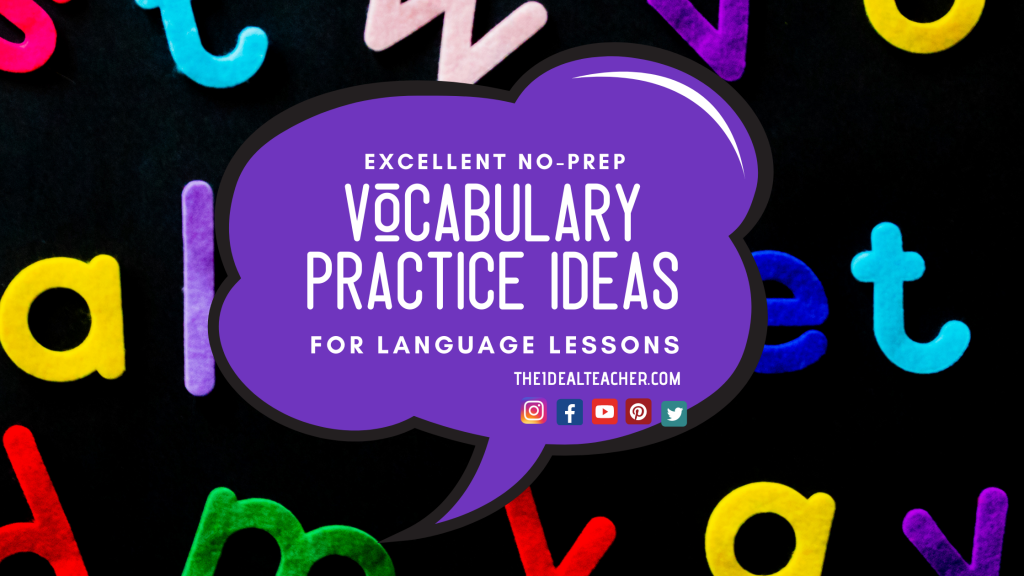 Brilliant Activities To Practise Vocabulary in Language Lessons
Brilliant Activities To Practise Vocabulary in Language Lessons 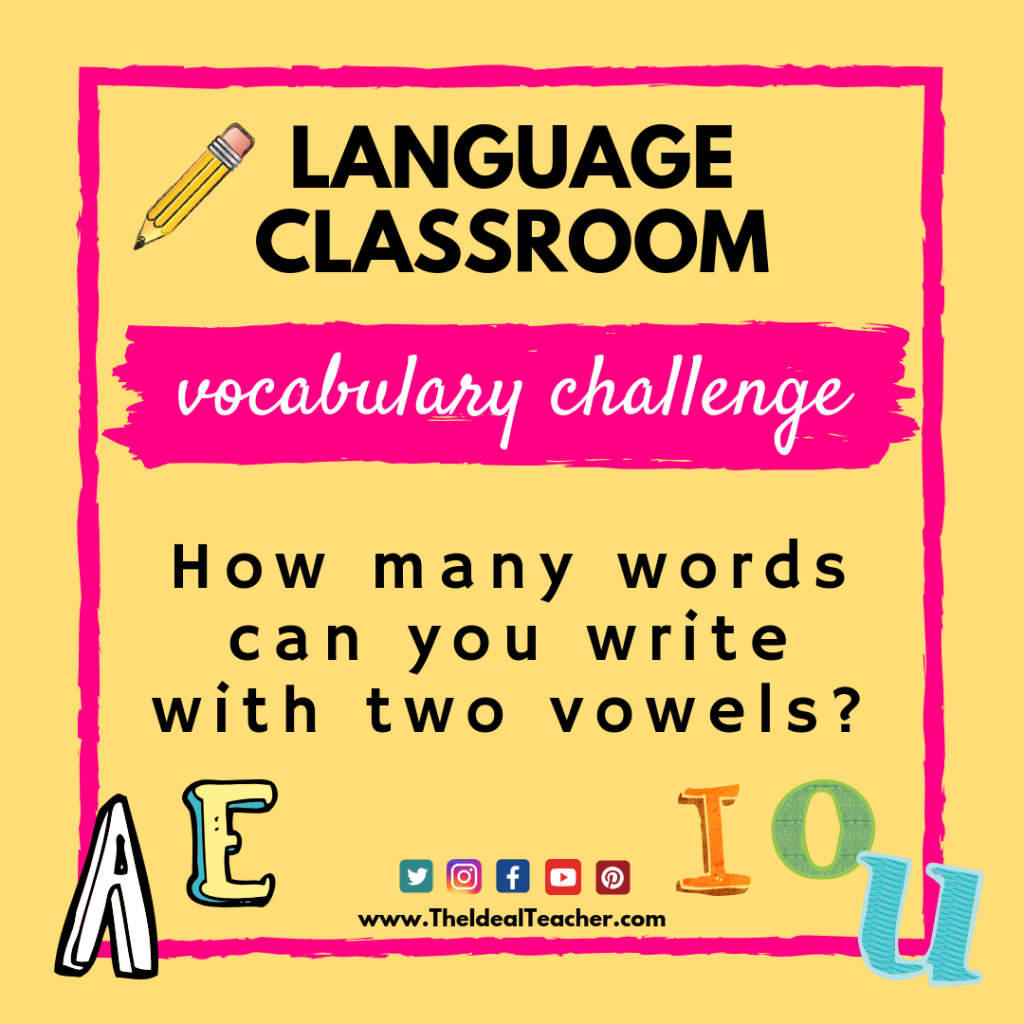
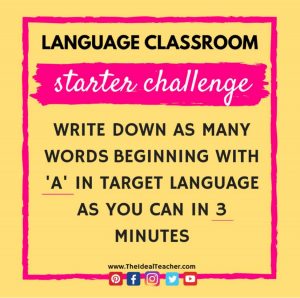
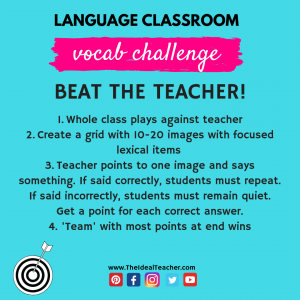
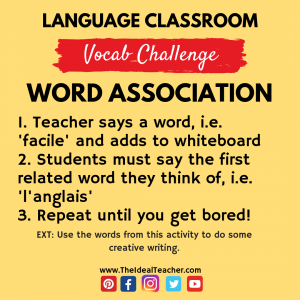
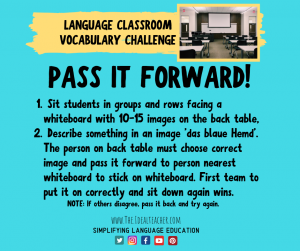 I do love a good vocabulary activity with a competitive element! This one’s got both of these combined.
I do love a good vocabulary activity with a competitive element! This one’s got both of these combined.